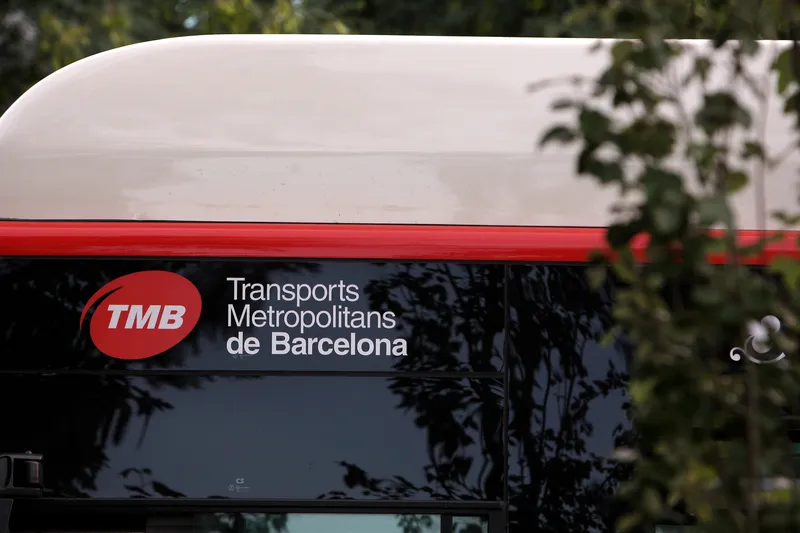Lufft, known globally for its Marwis road weather sensor, is featuring an array sensors for mobile or stationary road weather information systems (RWIS) and automated weather observation sensors (AWOS). They consist of, amongst others, professional all-in-one weather sensors such as the WS800, road sensors, including the IRS31PRO-UMB, as well as visibility sensors, like the VS2k and VS20k. These technologies warn against slipperiness, imminent black ice, aquaplaning, precipitation, fog and other kinds of tr
October 10, 2016
Read time: 1 min

The company points to the real-world benefits of its sensor range: not only is traffic safety significantly improved, but also weatherrelated accident evidence is recorded. Moreover, Lufft’s sensors help to save on de-icing chemicals and to protect the environment.









